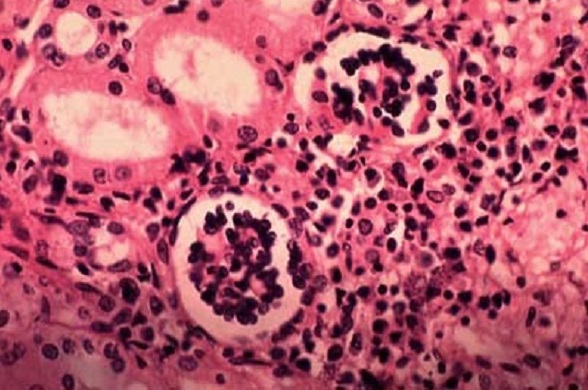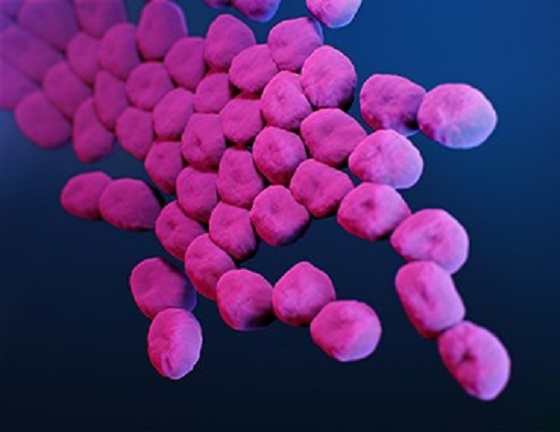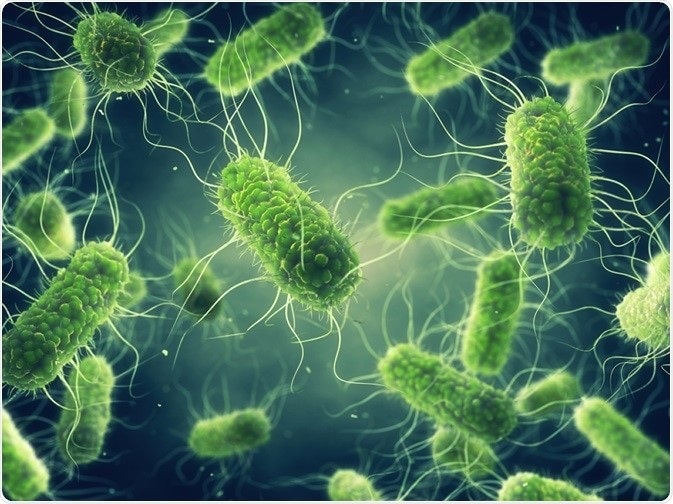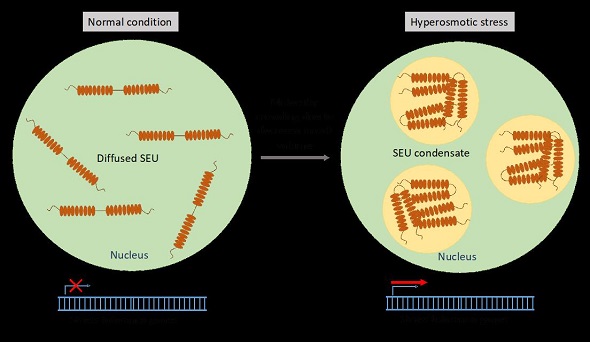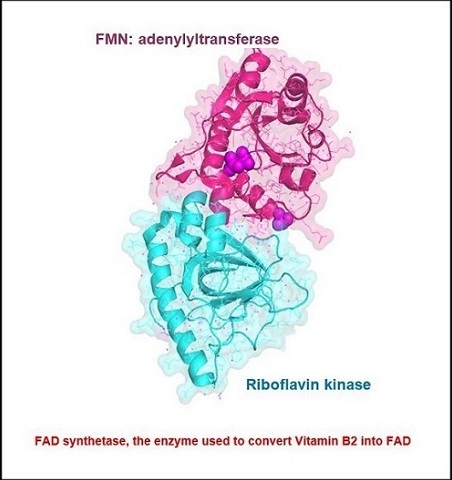
Humans cannot make any of their vitamins. They obtain them from either their diet or gut microbiota. Researchers from the Indian Institute of Science Education and Research, Pune have now developed a cofactor of Vitamin B2 that is essential for human health.
Flavin adenine dinucleotide (FAD), a cofactor of Vitamin B2, helps enzymes by sitting within their active sites and acting as the electron donor/acceptor in oxidation-reduction (redox) reactions. Oxidation-reduction reactions are essential for many cellular processes, including energy production, cell signalling, and DNA repair.
“Naturally occurring FAD molecule is composed of an adenine monophosphate unit and a flavin mononucleotide unit connected through a pyrophosphate bond. These artificial FAD analogues contain nucleobases other than the adenine, such as guanine, cytosine and uracil. We made these artificial FAD nucleobase analogues using both chemical and enzymatic methods,” informed Yashwant Kumar and Ateek Shah (the first authors), S. Rohan (co-author), and Dr Amrita Hazra (the lead researcher).
Humans cannot make any of their vitamins. They obtain them from either their diet or gut microbiota. Researchers from the Indian Institute of Science Education and Research, Pune have now developed a cofactor of Vitamin B2 that is essential for human health.
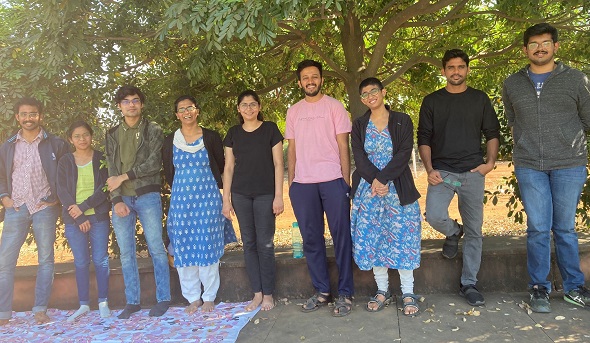
The team tested them with an FAD utilizing enzyme and showed that they were able to bind to the enzyme and perform redox reactions just like the natural one. This suggests that synthetic FAD cofactors could be used as a replacement for natural FAD in a variety of applications in industrial processes or to develop new drugs and therapies.
Development of artificial FAD cofactor analogues has many benefits. For example, they could be used to study how FAD utilizing enzymes function and then improve the efficiency of enzymes. New FAD analogues-utilizing enzymes can subsequently be developed that can perform new functions. Additionally, artificial FAD cofactors could be used to understand the underlying mechanism behind the diseases that are caused by a deficiency of it.
“In this study, we report an efficient synthesis of FAD nucleobase analogues (FGD, FCD, FUD, dFAD) via chemical and enzymatic routes. We found that these analogues are active with an FAD utilising enzyme glutathione reductase from the bacteria Escherichia coli and that they all bind and can act as reducing agents, although with differing efficiencies. Finally, we have shown that these FAD nucleoside analogues can also be synthesized inside a cell. We devised a new route to synthesize FAD nucleobase analogues that is more accessible using chemical and enzymatic method,” reported the researchers.
The study and analysis put forth the possibility of using artificial FAD analogues to probe several fundamental questions in cellular metabolism. The development of artificial cofactor analogues is a rapidly growing field of research. With continued research, it is likely that artificial cofactor analogues will play an increasingly important role in synthetic biology, cell biology, and other allied fields.

The article has been published in the journal ChemBioChem of Chemistry Europe as a part of the Special Collection ChemBioTalents2022. The research was supported by the Department of Biotechnology (DBT) and the SERB Core Research Grant, Department of Science & Technology, Government of India.
India Science Wire
ISW/SM/IISER/Vitamin/Eng/29/05/2023
